How to Find Experimental Probability?
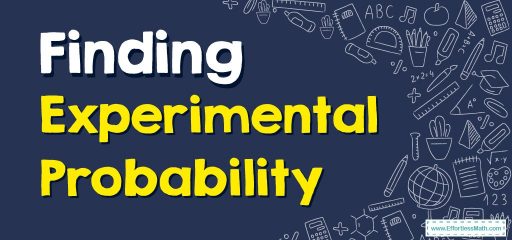
Experimental probability formula
Experimental probability – Example 1:
Solution:
\(P(< 6\) cookies)\(= \frac {3}{7}\)
Original price was: $109.99.$54.99Current price is: $54.99.
Original price was: $109.99.$54.99Current price is: $54.99.
Original price was: $109.99.$54.99Current price is: $54.99.
Related to This Article
More math articles
- 4 Best Printers for Teachers in 2026
- FREE 4th Grade MEAP Math Practice Test
- Unraveling the Art of Graphing: A Deep Dive into Absolute Value Functions
- DAT Quantitative Reasoning Math FREE Sample Practice Questions
- How to Decompose Fractions into Unit Fractions?
- Overview of the PSAT / NMSQT Mathematics Test
- How to Find the Integral of Radicals
- Using Number Lines to Compare and Order Rational Numbers
- How to Write a Formula for a Recursive Sequence
- Estimating Sums and Differences for 4th Grade

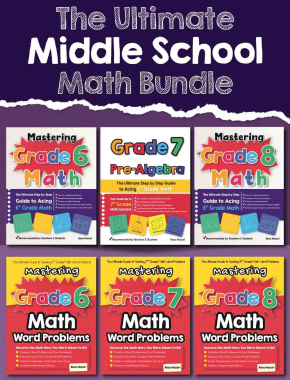
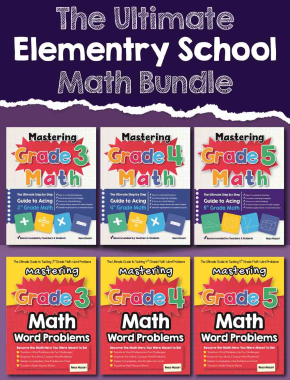



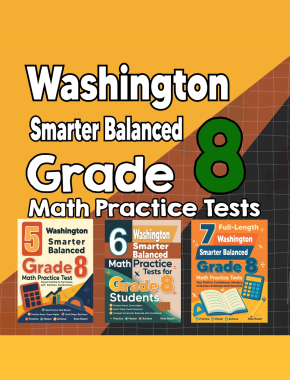


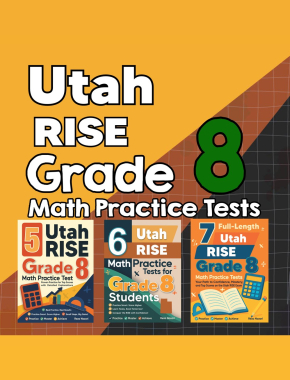
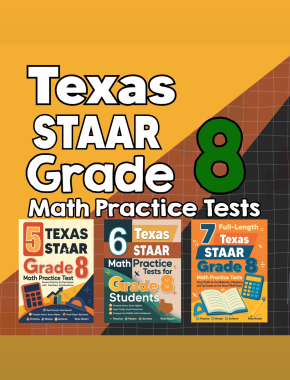
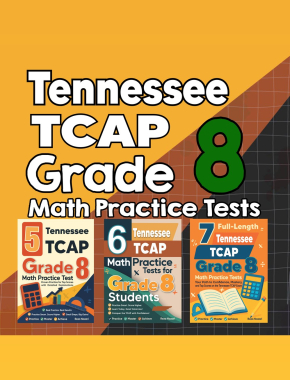
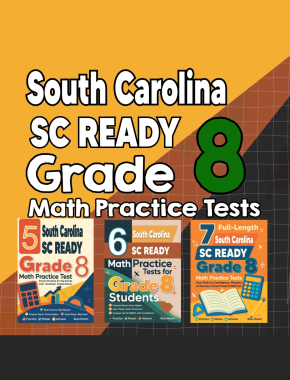


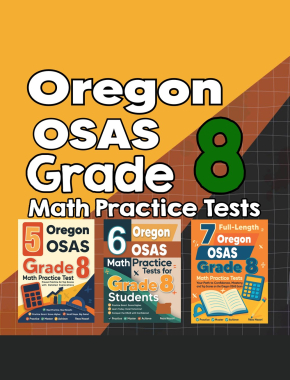
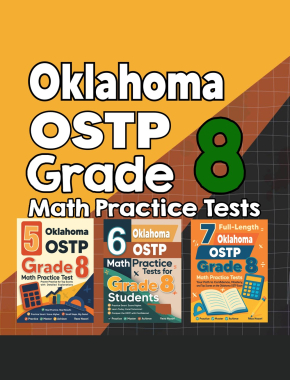

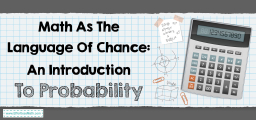
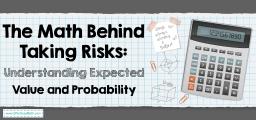


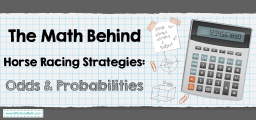


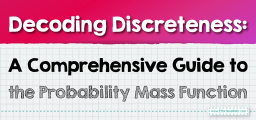

What people say about "How to Find Experimental Probability? - Effortless Math: We Help Students Learn to LOVE Mathematics"?
No one replied yet.